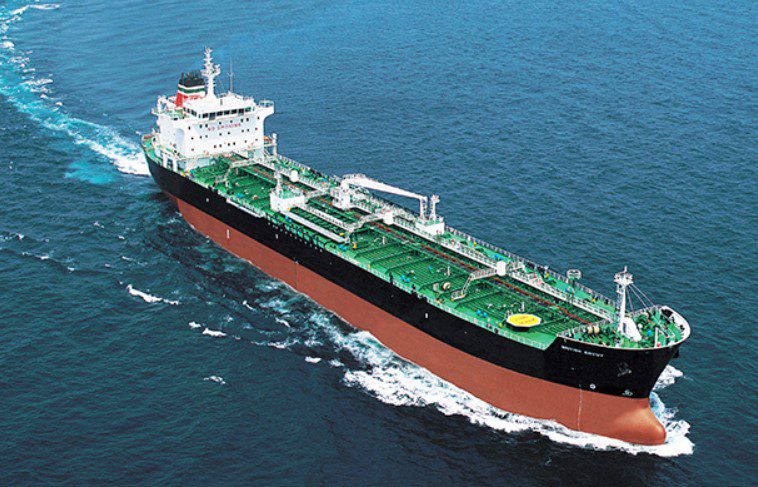President Bola Ahmed Tinubu has approved a 15 per cent import tariff on petrol and diesel following a proposal from the Federal Inland Revenue Service (FIRS), in a move aimed at protecting local refineries and stabilising Nigeria’s downstream petroleum market.
According to a letter addressed to the Attorney General of the Federation, the FIRS, and the Nigerian Midstream and Downstream Petroleum Regulatory Authority (NMDPRA), the president’s approval was conveyed through his Private Secretary, Damilotun Aderemi.
The proposal, initiated by FIRS Executive Chairman Zacch Adedeji, is expected to take effect after a 30-day transition window to allow importers to adjust cargoes already in transit and prevent supply disruptions.
Adedeji explained that the tariff would be applied to the cost, insurance, and freight (CIF) value of imported petrol and diesel, ensuring that import costs align with domestic market realities. He noted that the initiative is part of the administration’s Renewed Hope Agenda to strengthen local refining capacity, promote energy security, and support a sustainable, naira-based oil economy.
“The core objective of this initiative is to operationalise crude transactions in local currency, strengthen local refining capacity, and ensure a stable, affordable supply of petroleum products across Nigeria,” Adedeji said.
He highlighted that while domestic diesel sufficiency has been achieved and local petrol refining is increasing, price instability persists due to misalignment between domestic producers and importers. The import parity pricing model, often below cost recovery for local refiners, has made it difficult for them to compete amid foreign exchange and freight fluctuations.
“The government’s responsibility is now twofold — to protect consumers and domestic producers from unfair pricing practices and ensure a level playing field for refineries to recover costs and attract investments,” Adedeji stated.
He added that the new tariff framework would discourage duty-free fuel imports that undercut domestic producers, creating a fair and competitive downstream environment.
Based on the FIRS projections, the new tariff could raise the landing cost of petrol by approximately ₦99.72 per litre. Despite this adjustment, Lagos pump prices are expected to stay within ₦964.72 per litre ($0.62) — still lower than regional averages such as Senegal ($1.76), Côte d’Ivoire ($1.52), and Ghana ($1.37).
Adedeji clarified that the tariff is not designed to generate government revenue but to correct pricing distortions and protect local refineries from unfair competition, ultimately ensuring stability in Nigeria’s petroleum sector.
The FIRS emphasised that all relevant agencies are coordinating implementation to ensure a seamless rollout once the 30-day transition period lapses.
Stay tuned to 9am News Nigeria for more Breaking News, Business News, Sports updates And Entertainment Gists.
















